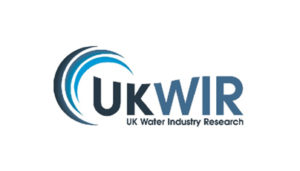UKWIR

Overview
Client: UKWIR
Sector: Utilities
Services:
Software:
Development of a water industry wide reliability database
The UKWIR Common Framework for Capital Maintenance Planning provides an agreed basis for estimating future maintenance requirements. One of the elements of the framework dictates the need for structured historical reliability data at equipment level.
UKWIR (UK Water Industry Research Council) commissioned Phusion to develop and implement a database (WIDER) to capture reliability-related information for commonly used items of equipment across the water industry.

Challenge
Traditional spares collection and management on large projects often takes a supplier-focused approach where owner/operators are given lists and recommended quantities of spares.
Chevron’s plan to “take best practice” in Engineering Information Management (EIM) on the Gorgon Development led them to investigate a wholistic data-centric approach to spares that would lead to cost savings and operational efficiencies.
They wanted to gain a view across all PO’s that would allow them to review supplier recommendations throughout the whole project and then align these with internal operational feedback.
However, Chevron didn’t have the internal systems, processes and experience to effectively establish such transformational information management practices on the project, so Phusion were approached to support in the development of a new spares and maintenance philosophy.
“In partnership with the project’s EPCs and equipment suppliers, Phusion effectively supported the collection and management of supplier data and documents across the Gorgon Project.”
Ken Tran, Project Manager, Chevron
Solution
Chevron appointed Phusion as the Engineering Information Management Contractor for the project. By working with EPCs, OEMs and package vendors, Phusion helped to ensure that the Gorgon Operations Team had access to a set of valid equipment tags with associated spares and linked spares drawings with the vendors recommendations.
To facilitate the collection of recommended spares from the vendors, ‘Collect’ a web-based data and document collection tool was used. ‘Pick & Link’ was also used as a relational Engineering Data Warehouse (EDW).
The tools were accessed by the EPC package engineer, the vendor, Phusion and the owner/operator review team daily.
To assist the vendor to complete the data and document requirements, relevant EPC data was pre-loaded into the central data repository. The vendor then completed the required equipment data, related documents and spares data using the information collection tool.
Cataloguing like this is normally done on handover, or even up to a year after. This makes rationalisation and optimisation of spare parts extremely difficult.
The data-centric approach developed by Phusion meant that the Gorgon project team had a wholistic view of stock requirements to ensure levels could be streamlined and costs managed.

Results
By establishing effective Spares information management, Chevron were able to:
Assets collected and validated
-
Make significant savings
-
Reduce the risk of delays
-
Manage stock levels effectively
-
Align with operations to enhance efficiency
-
Improve data integrity
-
Support ongoing operations
